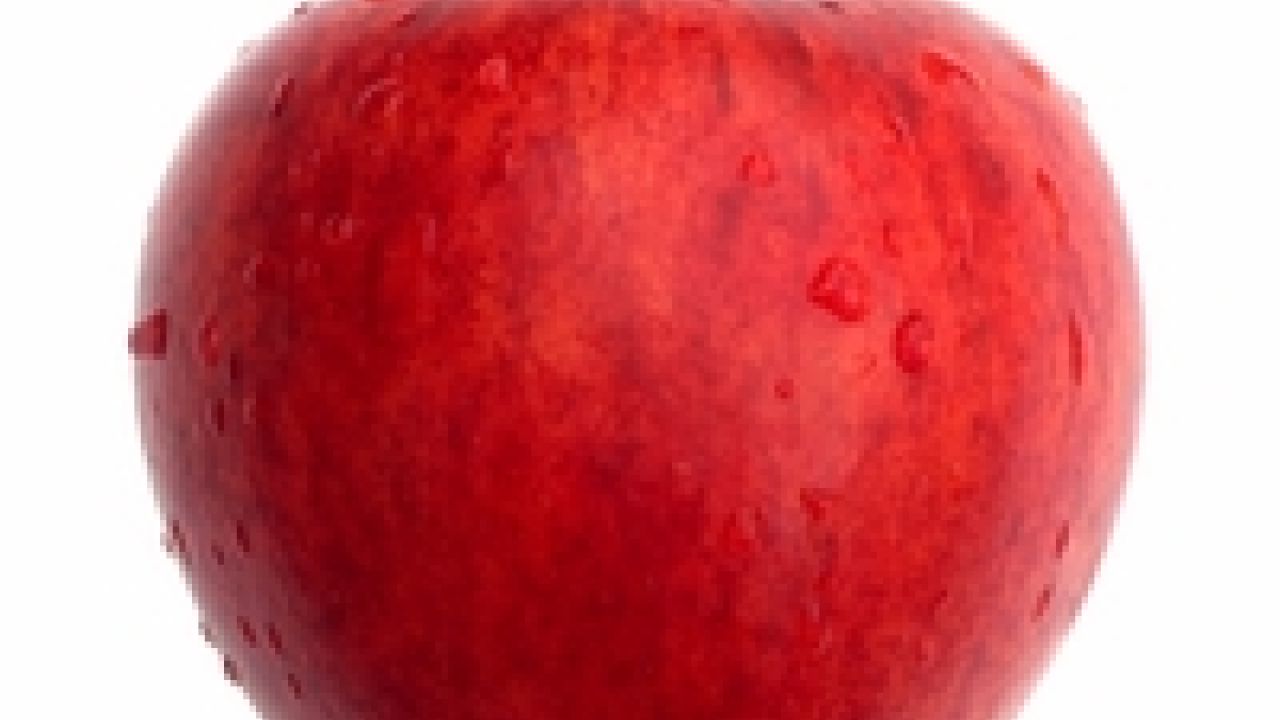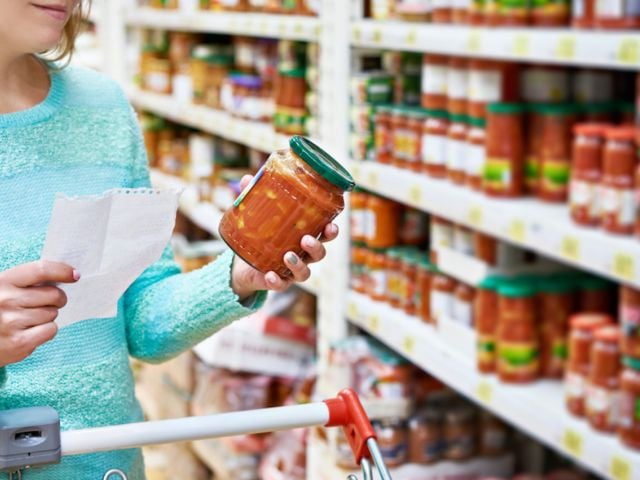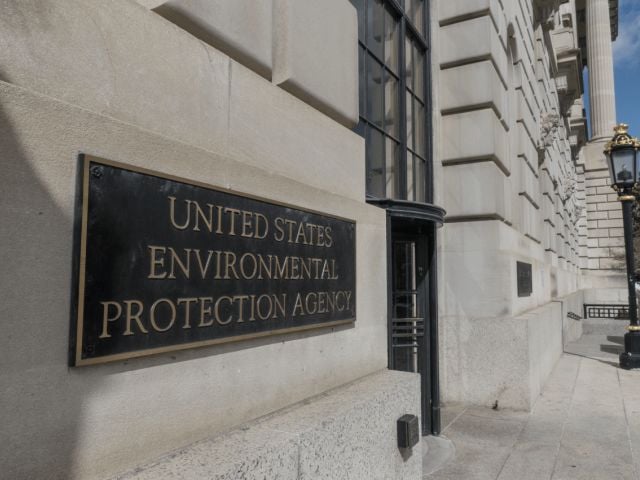
In an interview last week (Jan. 16) at the pesticide lobby's D.C. headquarters, Washington State University Environmental Toxicology Professor Allan Felsot told Energy and Environment News (subscription required): "When you pick up food, you are eating thousands of chemicals at a time."
Of course he's absolutely right.
But that probably wasn't the talking point the spin-doctors at the pesticide trade group CropLife America were hoping for.
Each year, U.S. Department of Agriculture scientists test various fruits and vegetables - after they've been washed and peeled - and each year they find large numbers of pesticide residues.
Professor Felsot, who co-authored a report titled Pesticides and Health: Myths and Realities for the American Council on Science and Health, an industry-friendly organization supported by chemical and pesticide makers, was in the nation's capital last week at the behest of the group to help dispel concerns people have about eating these toxic chemicals.
That's no easy task, considering that a number of leading scientists and pediatricians have become increasingly concerned - and vocal - about the risks to children from dietary exposures to pesticides; not to mention the clear preference of consumers, whose shopping choices have turned organic farming into a $26 billion-a-year business.
And don't forget, of course, the long list of independent research studies that connect pesticide exposure to serious health risks. Just last April, three separate studies came out with stunningly similar findings of a connection between prenatal exposure to organophosphate pesticides and diminished IQ in children.
The next day, in a television interview with Monica Trauzzi of Environment and Energy News (subscription required), Felsot said this when he responded to a question about organic produce: "I think that organic farming has a place in the market and I think that organic farmers, I know for a fact, also use pesticides. It's a matter of choosing which poison, if you will, that you want to use."
That's not a typo. He basically said, "Pesticides are poison."
They must have loved that at CropLife America. The professor was on a roll.
Felsot failed to mention that the "pesticides" applied by certified organic farmers are made from natural sources and do not contain synthetic chemicals, unlike those used by conventional agriculture. That's a big difference. But his characterization of pesticides used by conventional growers as "poison" is mostly accurate, and that's the driving force behind the explosion of the organic industry. People don't want to eat "poison" along with their fruits and vegetables.
How crazy is that?
A number of the pesticides used on conventional produce, or as Felsot characterized them, "poisons," have been linked in careful studies to cognitive delays, birth defects and cancer. It's true that Professor Felsot has lectured and conducted extensive research on pesticides for decades, as is evident in this 53-page resume. However, what wasn't mentioned in the press reports of his visit to Washington were his long financial ties to the pesticide and chemical industry.
According to his own accounting on that resume (page 51), he's received nearly $300,000 in funding from a long list of industry interests, including American Cyanamid Co., Chevron Chem. Co., Fison-Boots Chem. Corp., FMC Corp., Herbert Stanley Co., Illinois Fertilizer & Chemical Association, Imperial Chemical Industries, Macon Co. Mosquito Abatement District, Myers Chemical Co., N.W. Ill. Mosquito Abatement District, Sierra Chem Co., Stauffer Chemical Co., Union Carbide, Union Oil Co. and UniRoyal Chemical. Felsot also lists substantial funding from large grower groups and the USDA.
And that's some relevant fine print.



